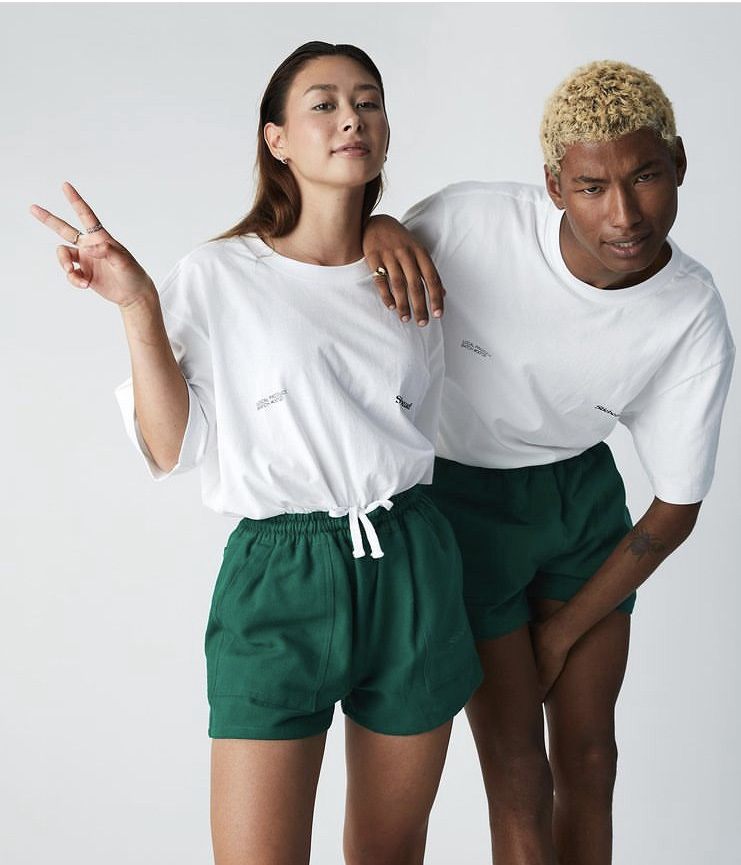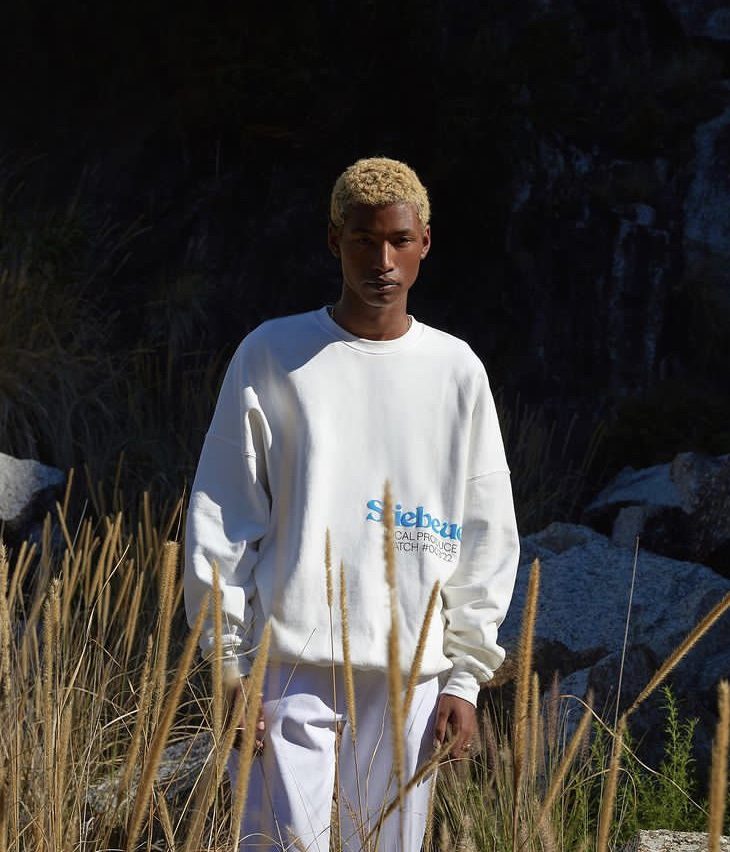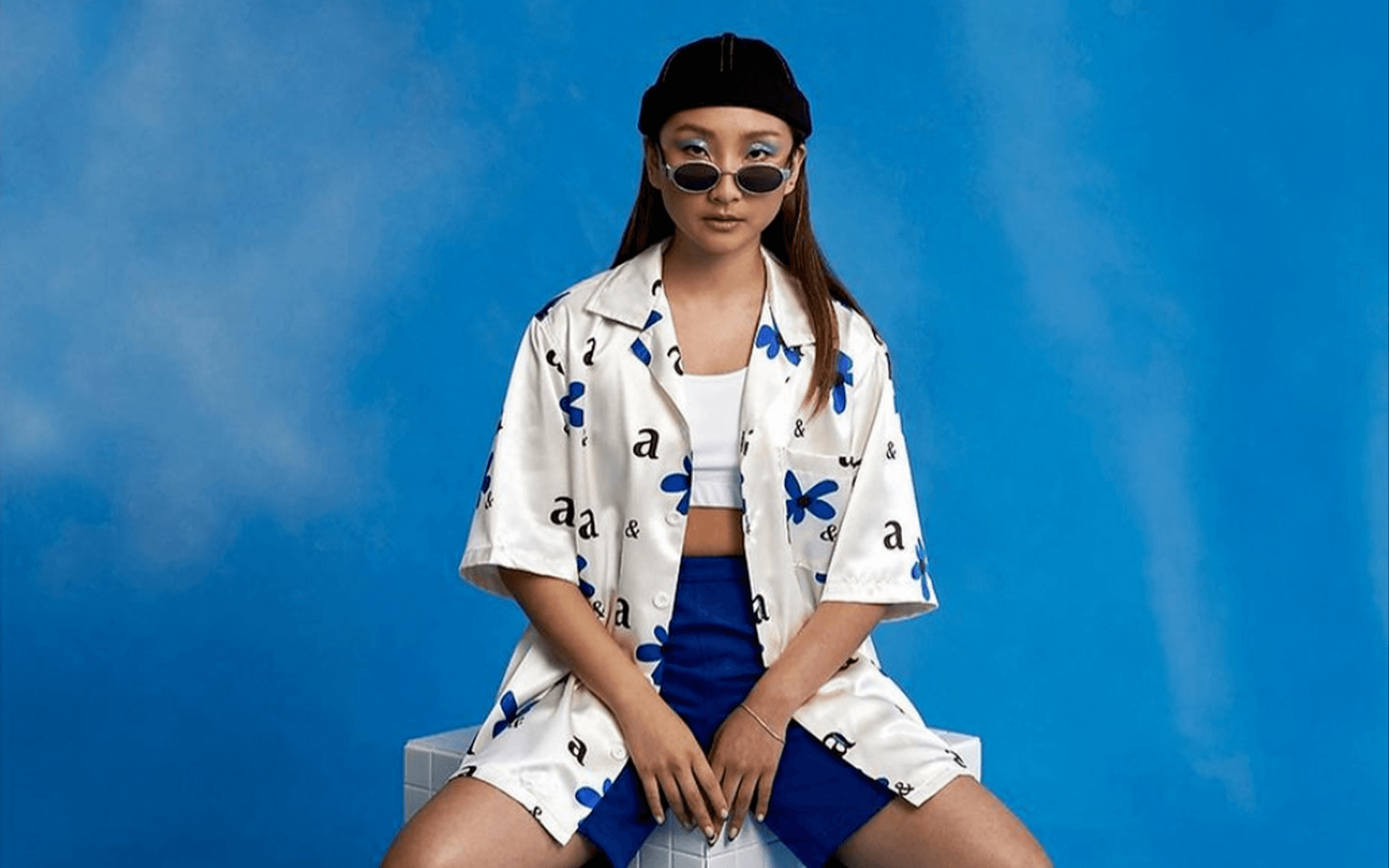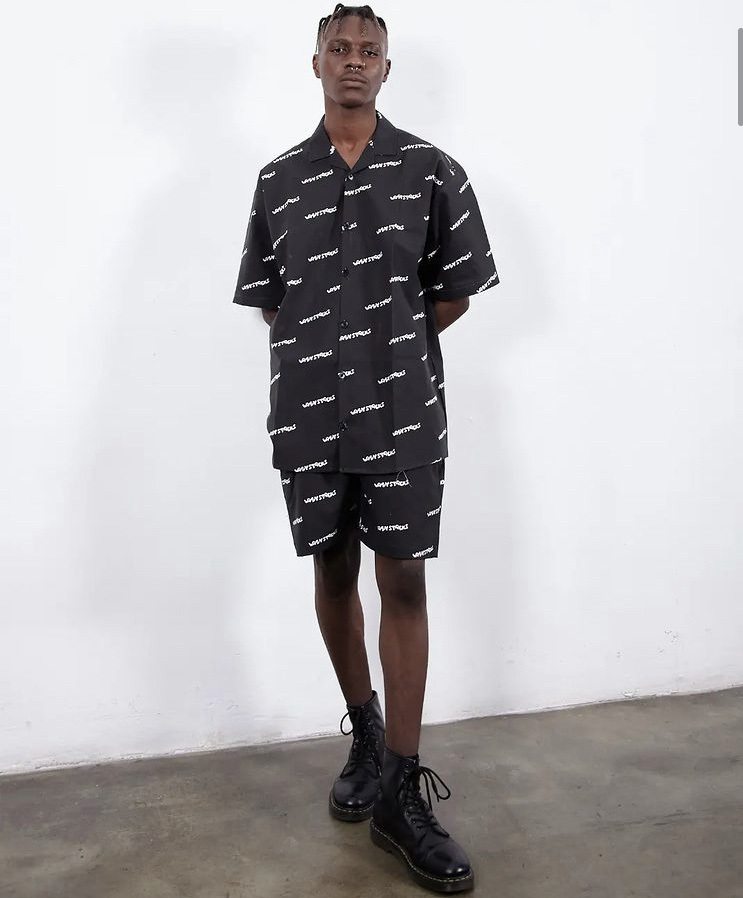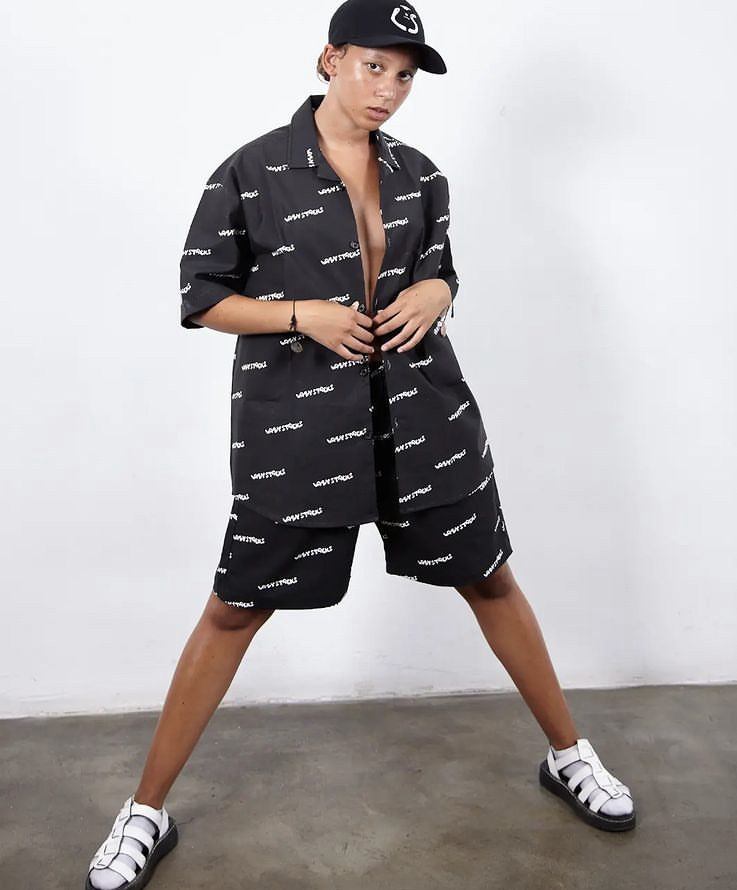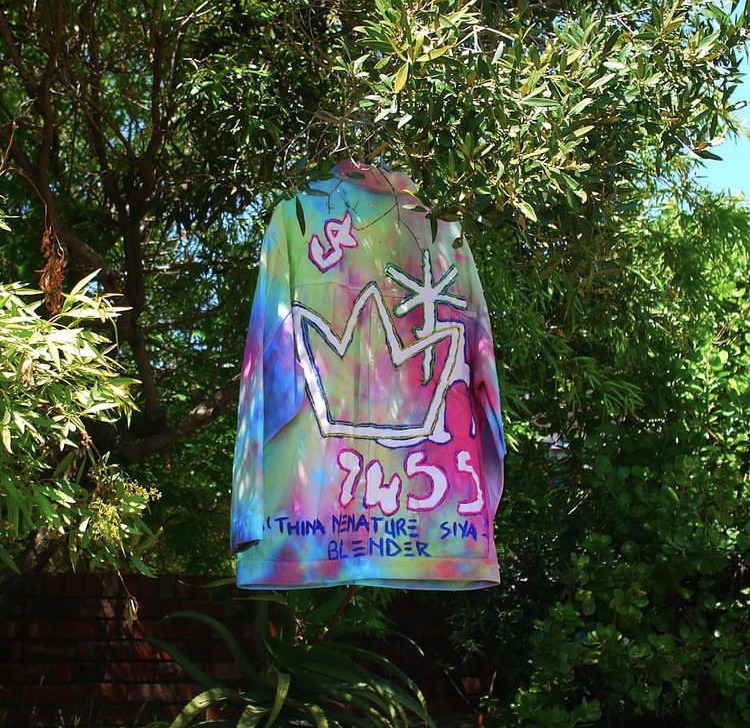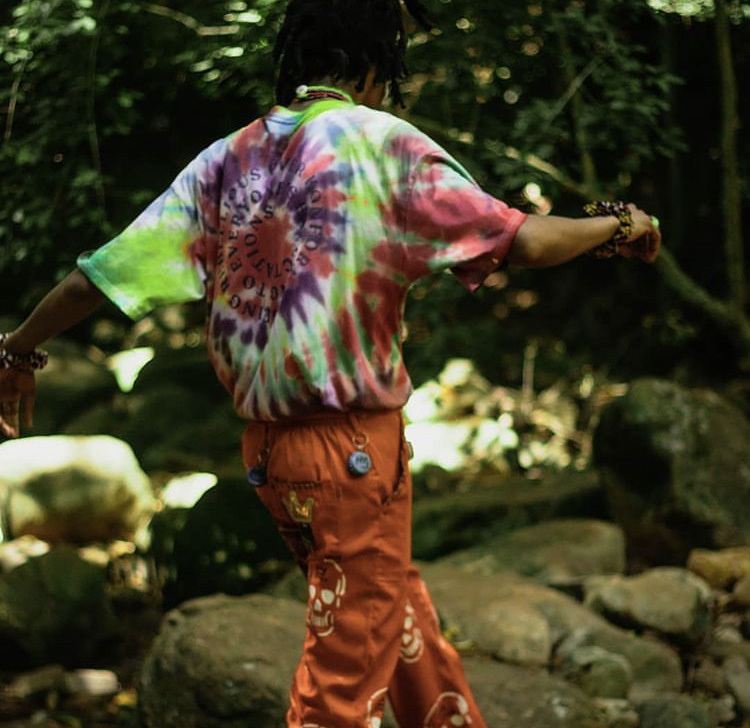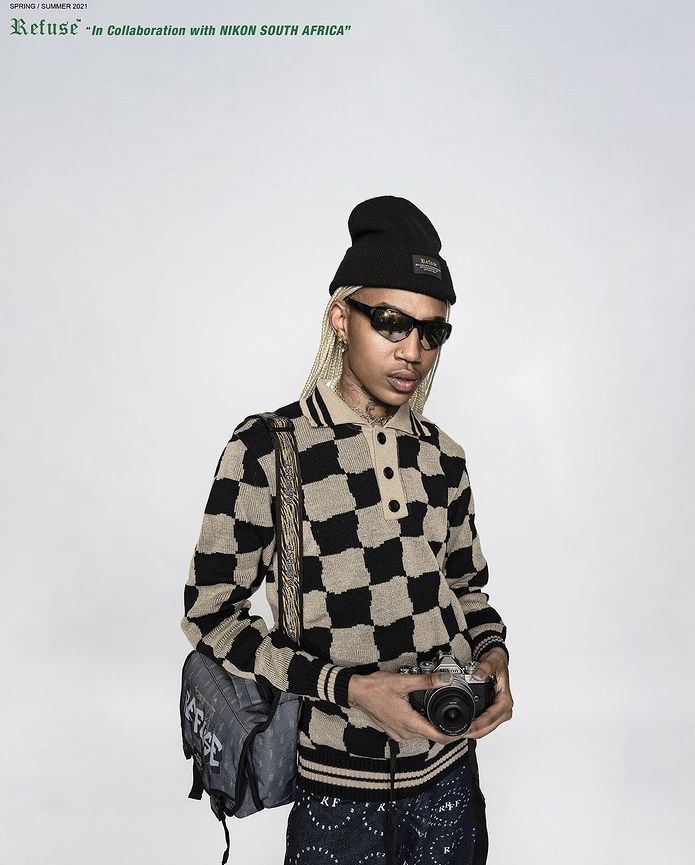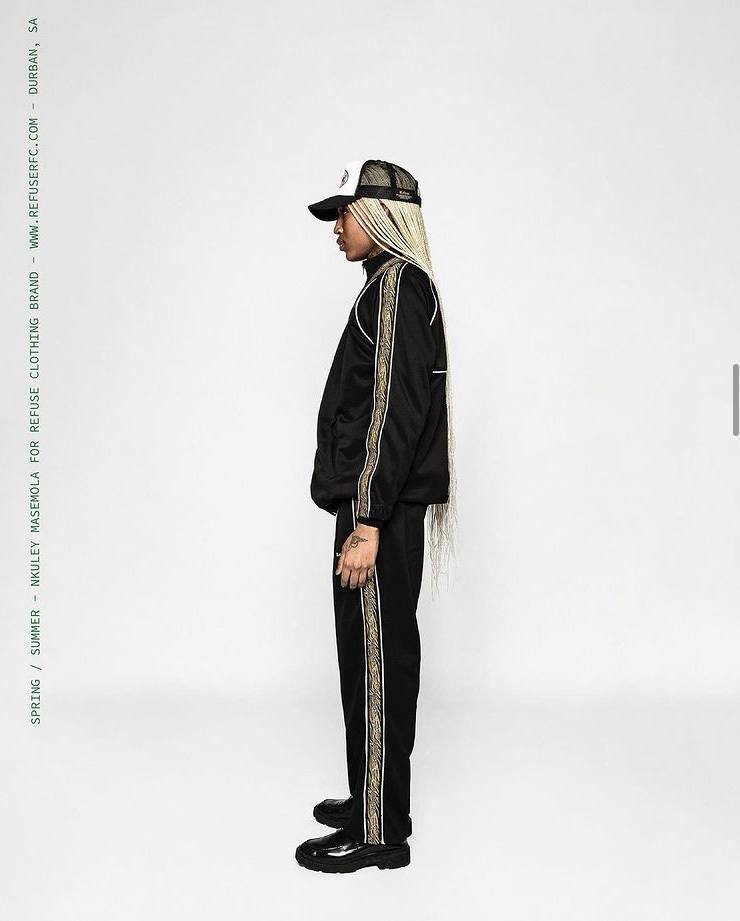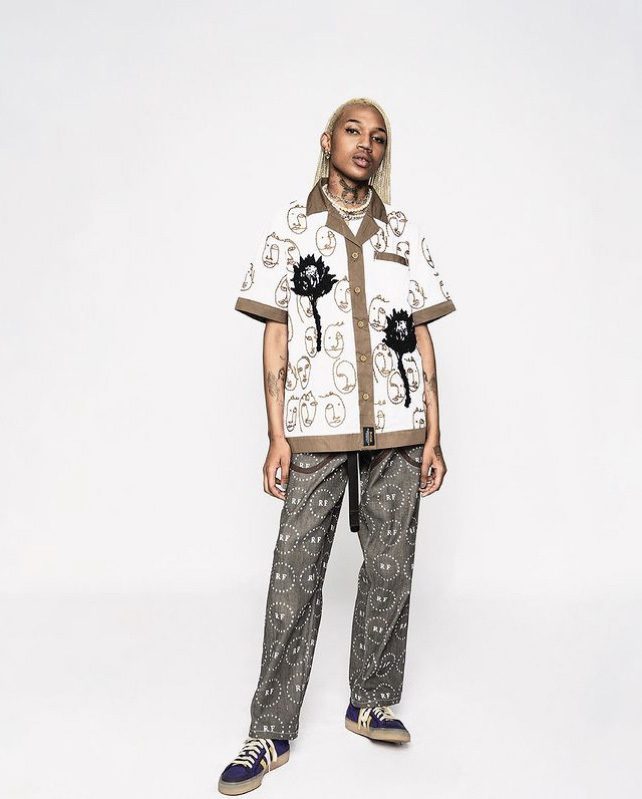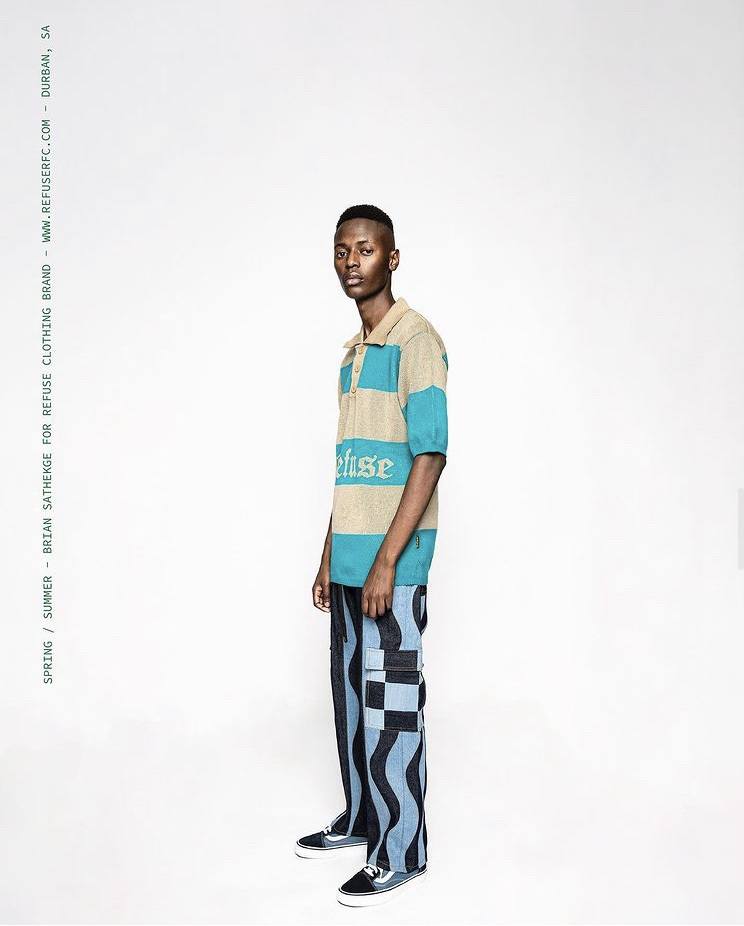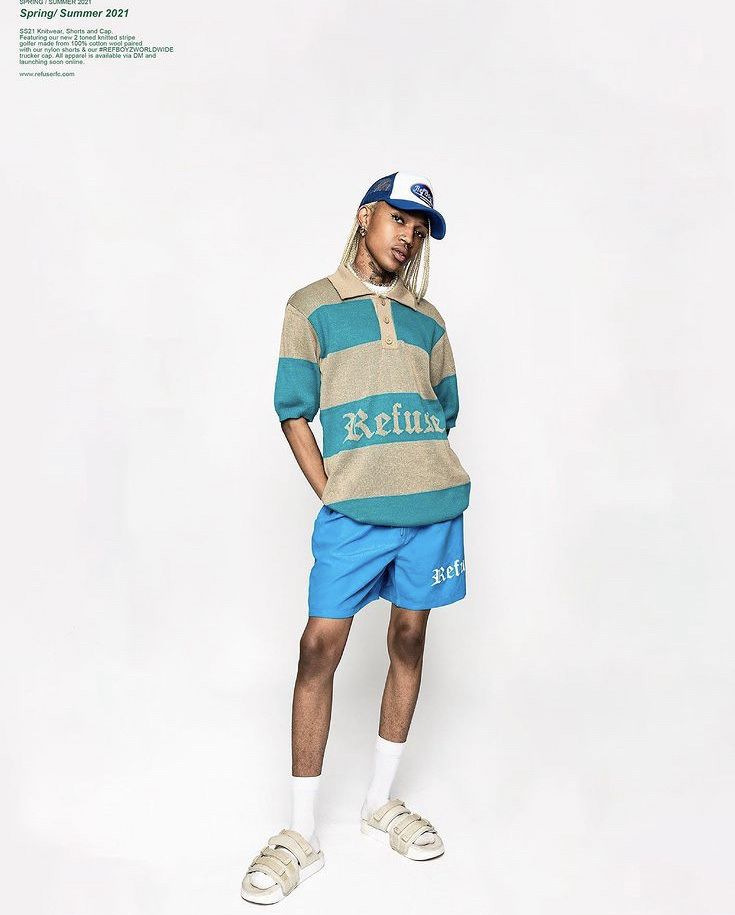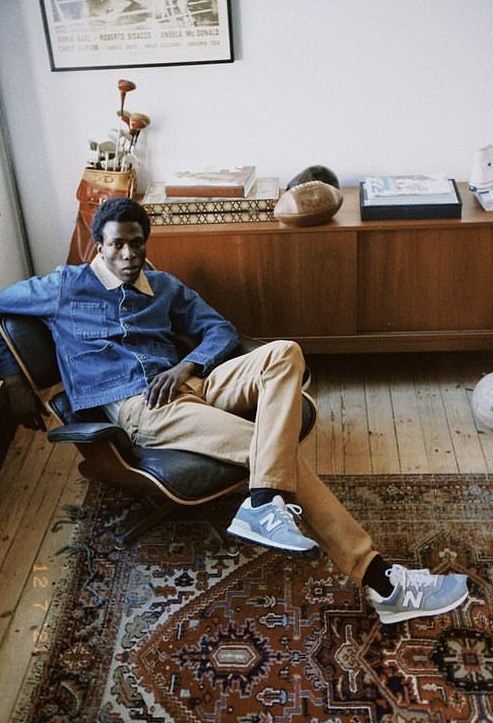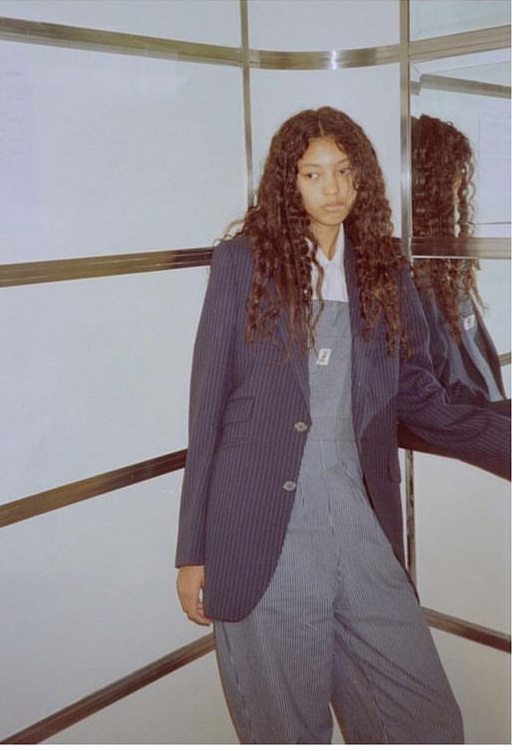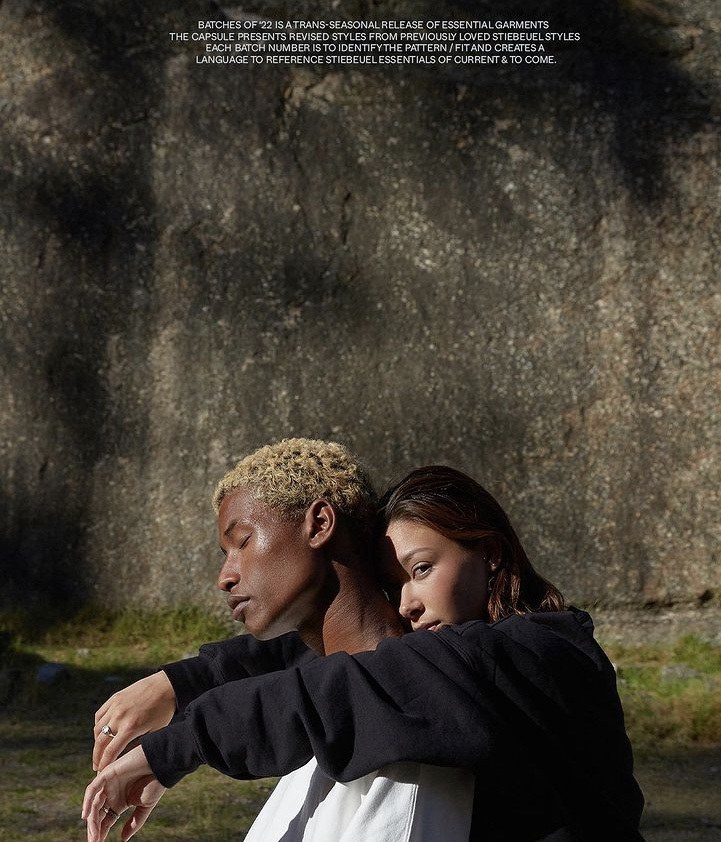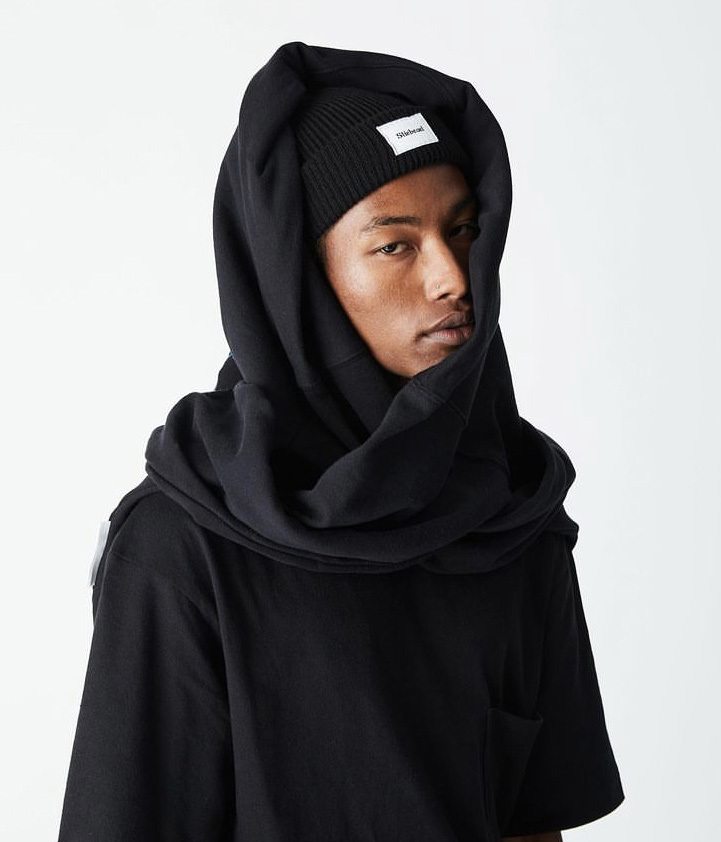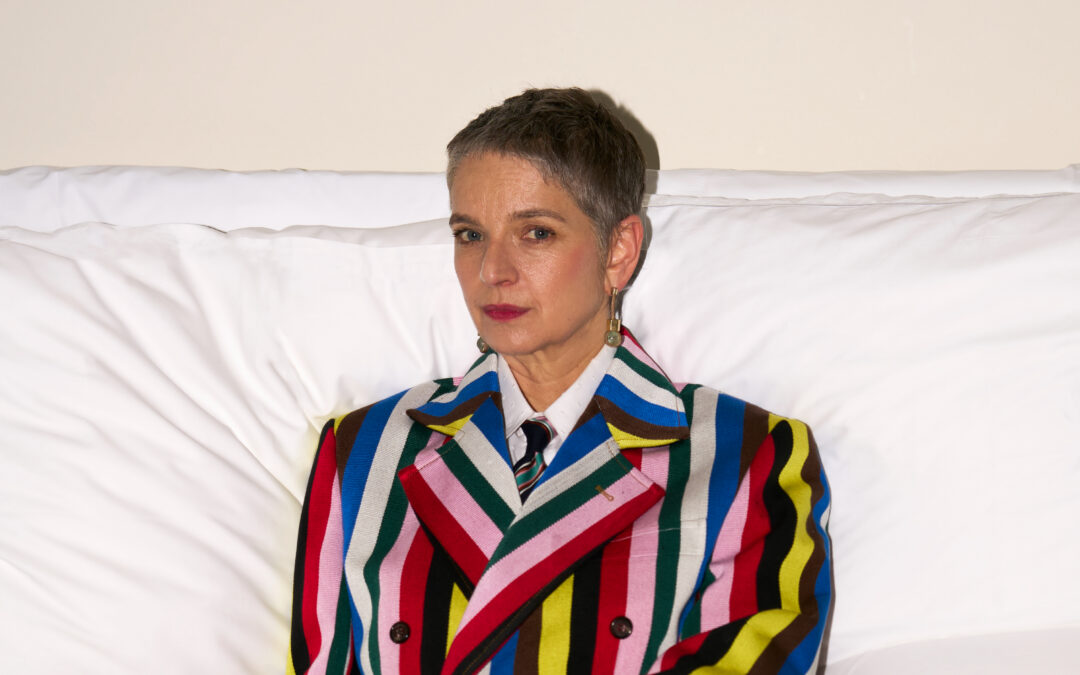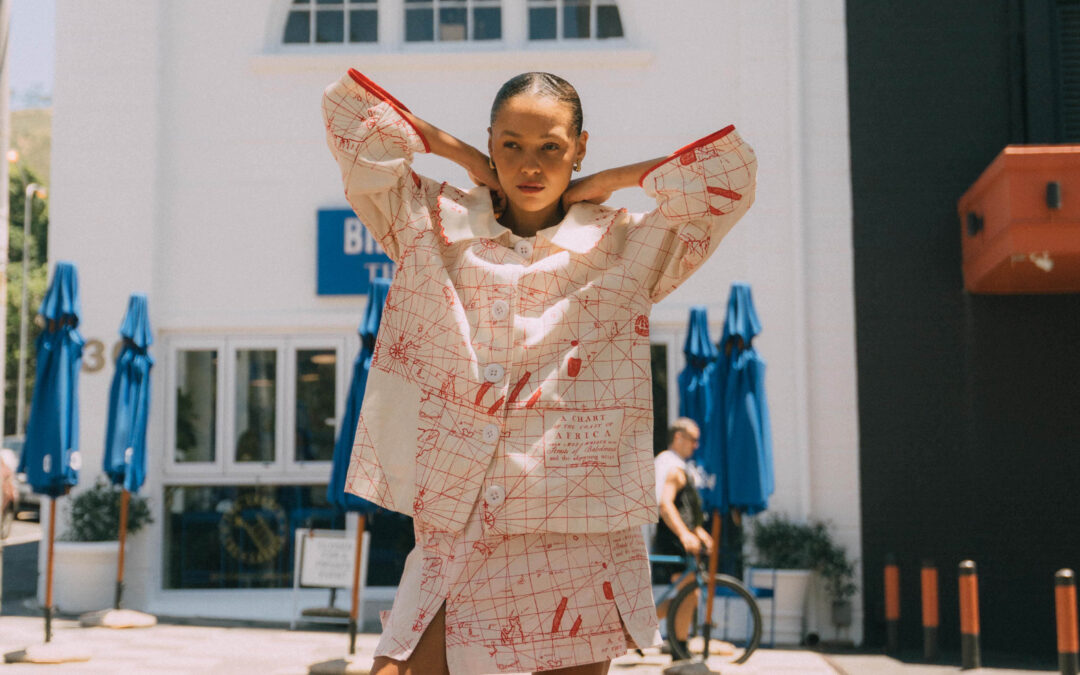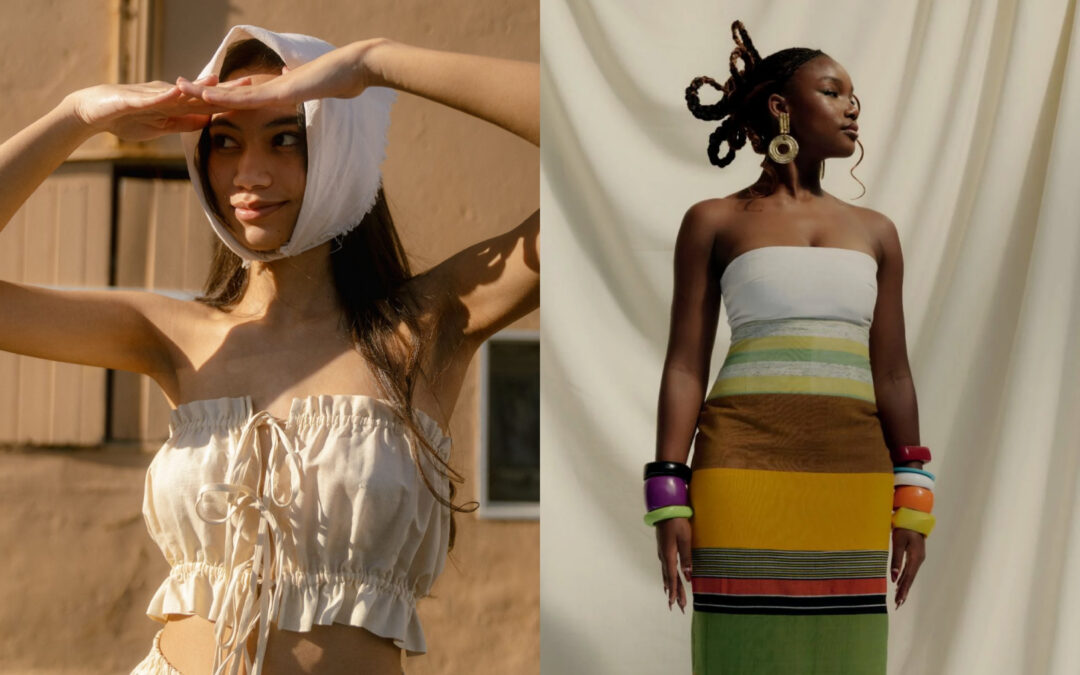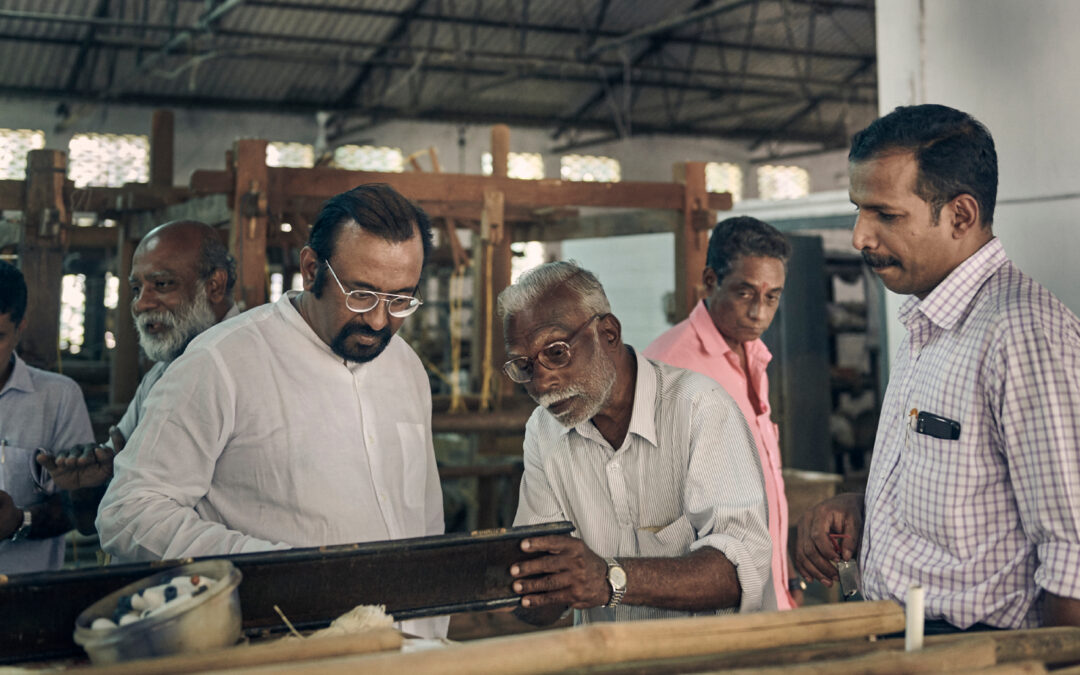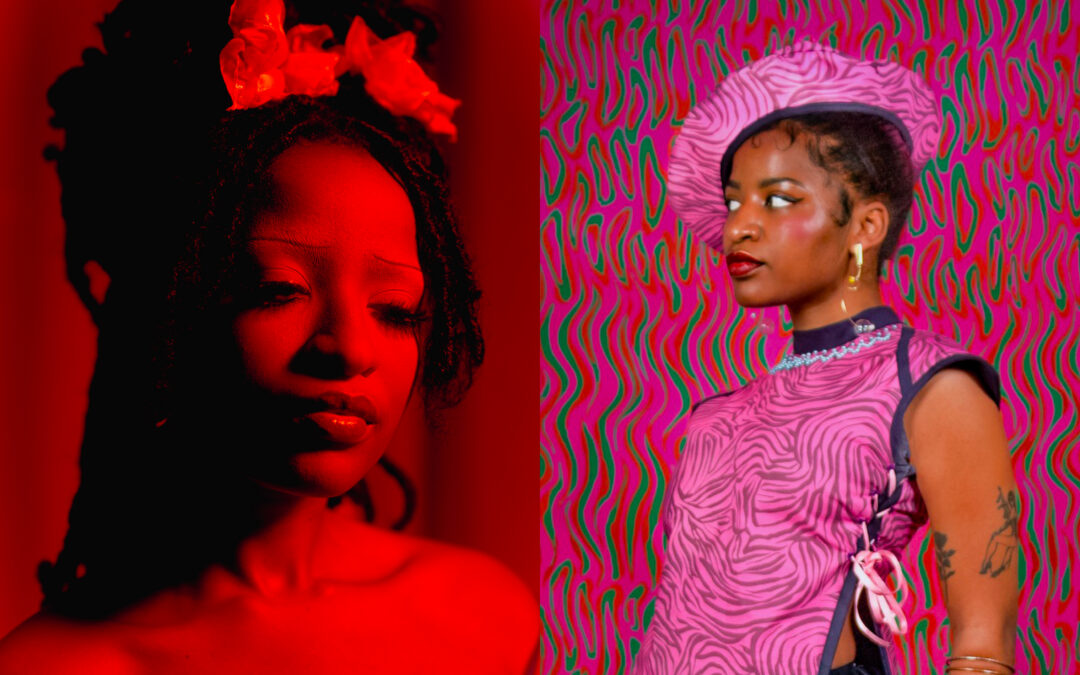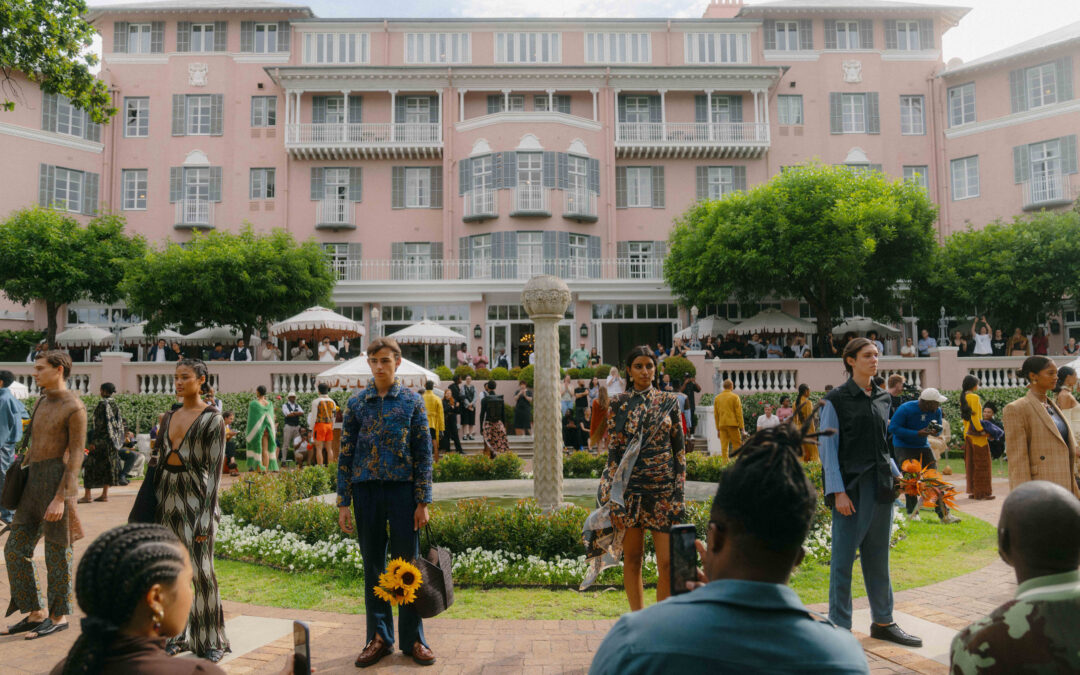Emerging in the 1990s as the amalgamated uniform of subcultures like skating, surfing, hip-hop and punk; streetwear is perhaps the most critical avenue we have in “fashion” that most represents the truth of dressing in the world. While luxury built its bones on exclusivity and perceived notions of “quality”, streetwear has always been intrinsically tied to community and authenticity; with such tenets able to thread through its incredible ascent to luxury fashion status, as seen today with Virgil’s legacy at Louis Vuitton or Nigo’s journey from Bape and Billionaire Boys Club to Kenzo. Even in these translations of streetwear to luxury, the energy of community permeates – and it’s this origin story for streetwear that will continue to live on even in the age of “hype-beast” style distinguishability, in which rarity and novelty tend to triumph above all. Streetwear is comfort – it is casual, functional and acts as a bridge of accessibility for most of us traversing personal style and sartorial expression. While retail is not a game for the faint hearted – as I’ve heard Los Angeles designers Steak (AKA Rachael Finley) of Hot Lava or 2tone of Born X Raised reiterate, and it tends to always be a labour of love and affection for carving out cultural spaces for homies and lovers. Building a brand strikes at the very experience of being young and driven, and speaks to the innate scrappiness of human beings to build and create despite the economic systems that were never really designed for many of us to succeed. This is why brands like Stüssy and Palace remain behemothic directors of culture in a way that no corporation could ever set out to do, and why like Sofia Pantera’s label Aries – that reignited women’s presence in streetwear in the early 2010s – remain important, coveted, and as essential as the silhouettes of streetwear itself. Streetwear is the second-skin of the mass experience; it is both a tool and a weapon against the constraints of a stifling society, and a nexus point for music, art, design and creativity.
Before Virgil passed on, he left behind a tool that everyone should know about – Free Game a 12 step hitlist resource for emerging brands, or anyone wanting to embark on building their own, to consider and learn from. This energy of mentorship is a widespread phenomena, and is the kind of energy that saw brands like Young & Lazy hit cult-like status in South Africa, a door that was opened by Anthony Smith’s iconic 2bop offering – Corner Store alumni and affiliates will tell you those doors will never close again; and we see it, now, as streetwear in South Africa continues to ascend to new heights, lead by the likes Sol Sol, Good Good Good and Broke While by no means exhaustive, this chapter of Interlude is dedicated to a variation of 12 streetwear and apparel brands that excite and encourage sartorial autonomy in the country, and to whom we owe gratitude for electing to create and produce locally.
Heysous hail from sunny Cape Town – a colourful, joyful ode to friendship and fun, alongside a wonderful size inclusivity. Their offerings are notable for the graphic print tees (our favourite is the Abra A Sua Mente tee depicting consciousness awakening) and bubble style typography, with mantras like “change cometh” and “guided by love”. Priding themselves on responsibly sourced fabrics and local production; we love to see the spirit of Cape Town’s textile heritage celebrated in a youthful way, for everyone.
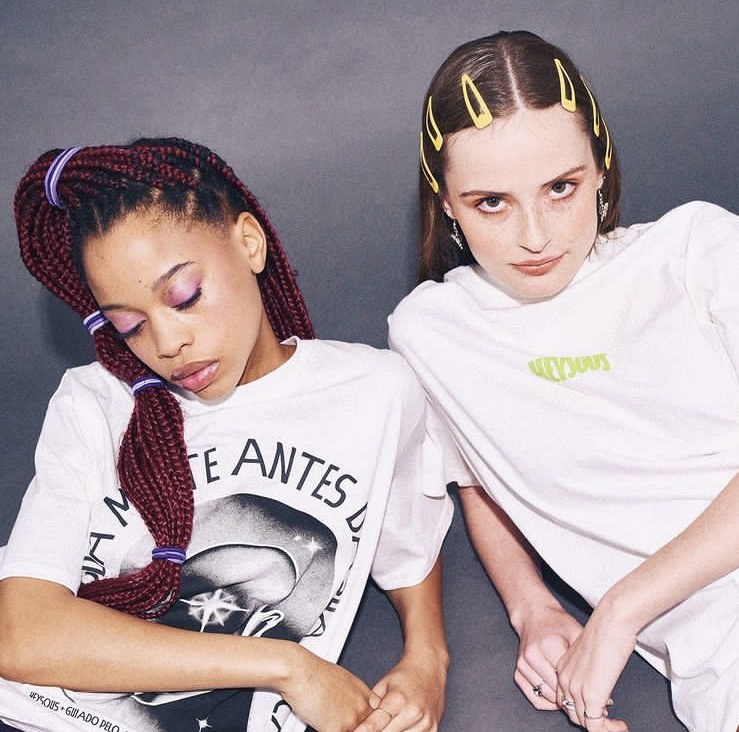
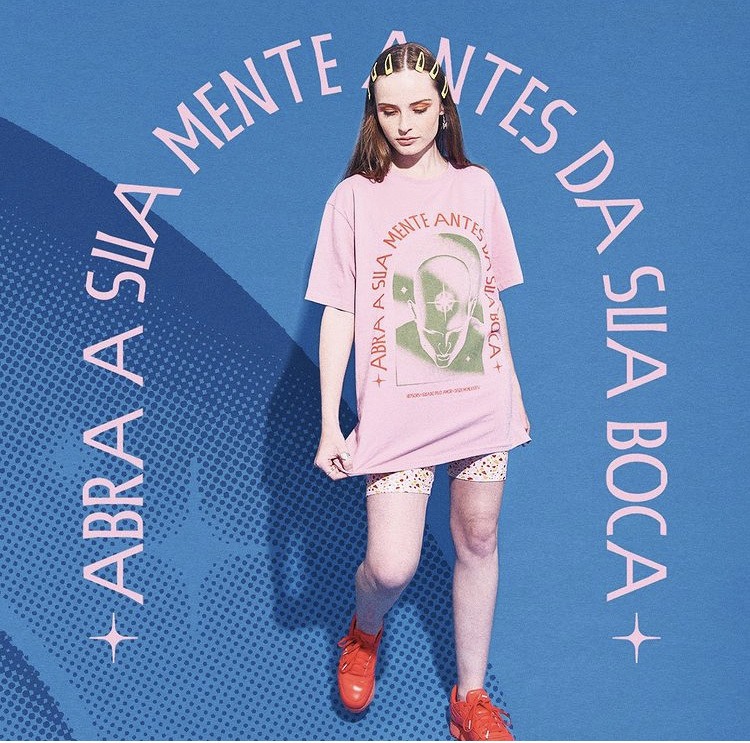
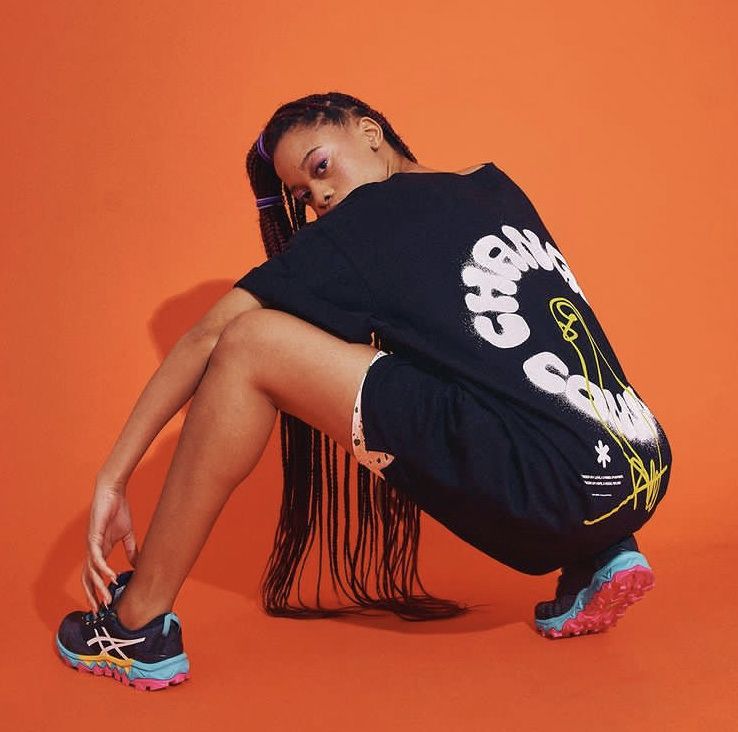
Comfort is king for local brand Lazy Stacks; their focus is on staples like crewneck long sleeves and tees, tracksuit-style interpretations of loungewear and a two piece set with their logo printed; something we see many fashion retailers attempt to do, but with Lazy Stacks – feels so right for their brand’s ethos, built on the rebellious spirit that guides culture in South Africa. Affordable and effortless – their offerings are must-have additions to your wardrobe.
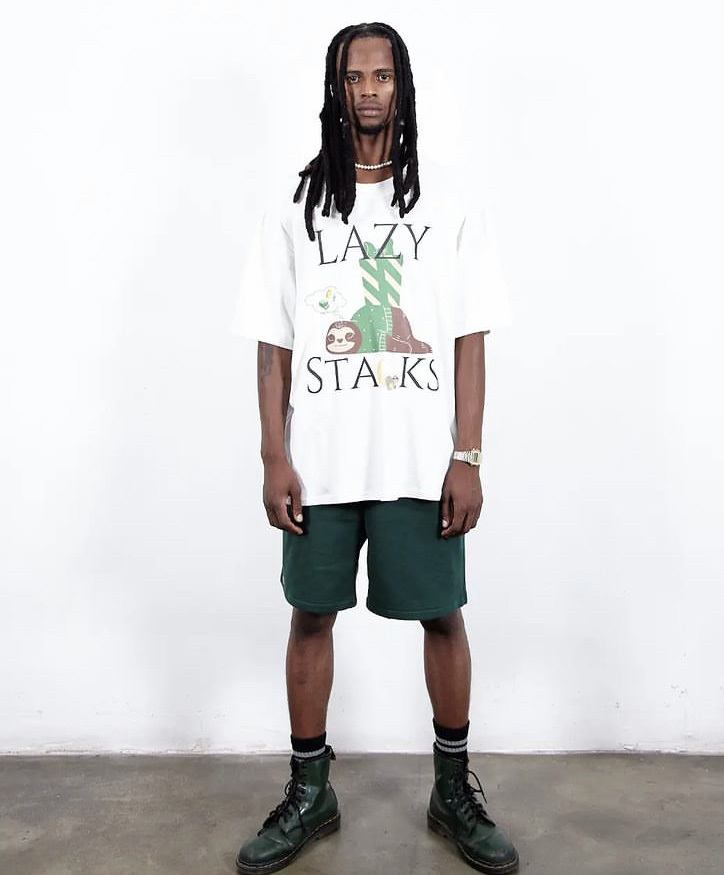
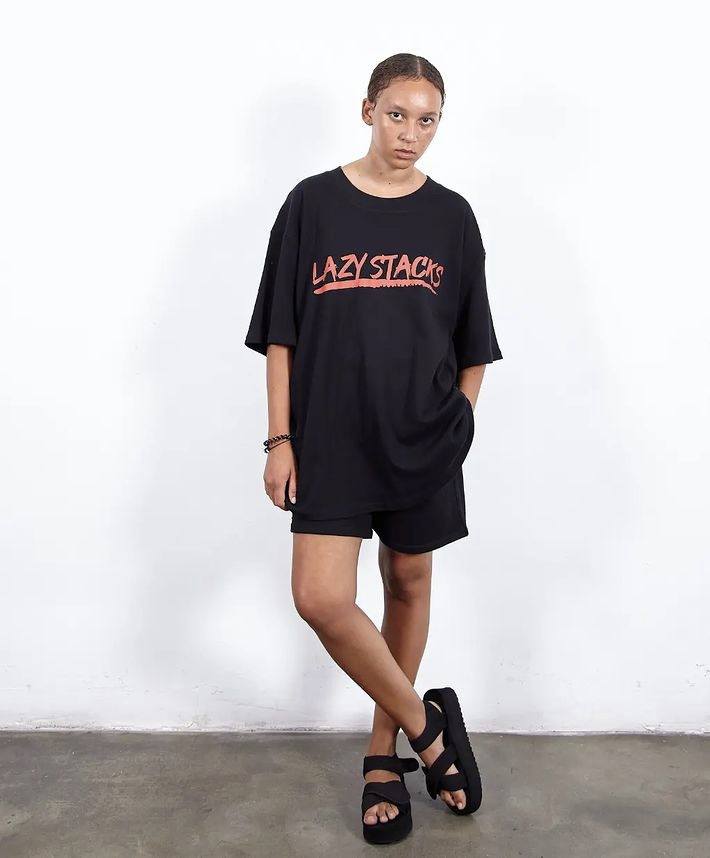
Molly Keiser has been a mama of streetwear in South Africa from some time now – her husband Mathew is the founder of SolSol, and together they co-own Orphan Street Clothing Shop. Her brand, Maylee, is a feminine answer to the masculine-centric energy of streetwear. With designer Megan Woolley at the helm, Maylee showcases the simultaneous softness and toughness of women; and this season was a corduroy dreamscape of green, pinks and browns – essential for winter in South Africa. We love the art direction of the brand – for the gals, by the gals.
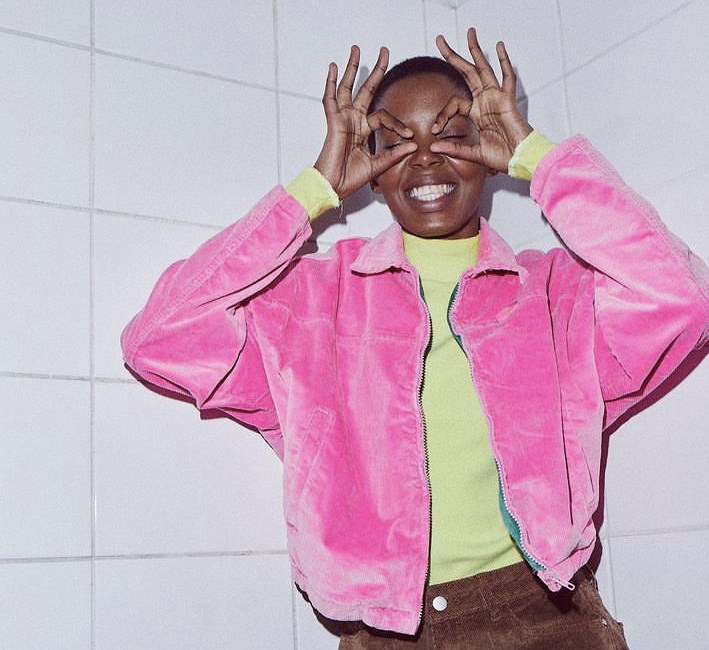
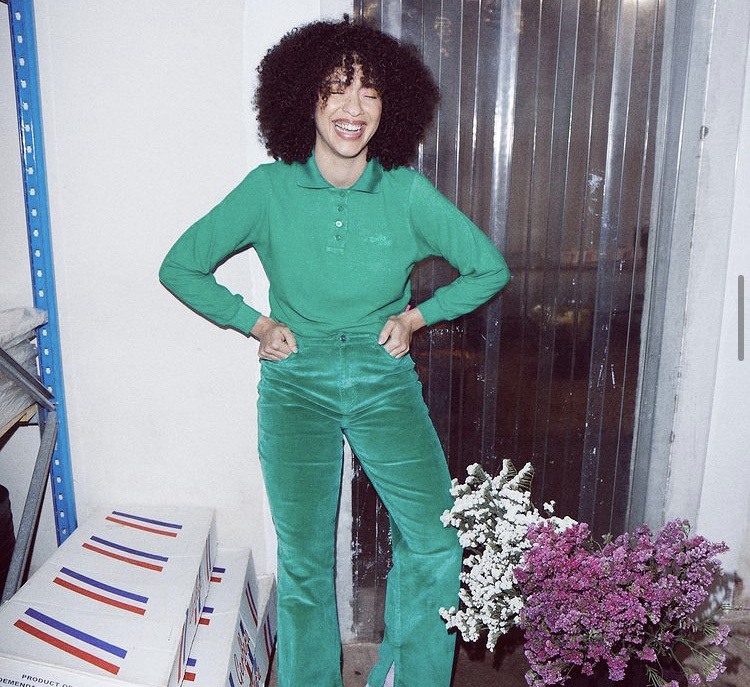
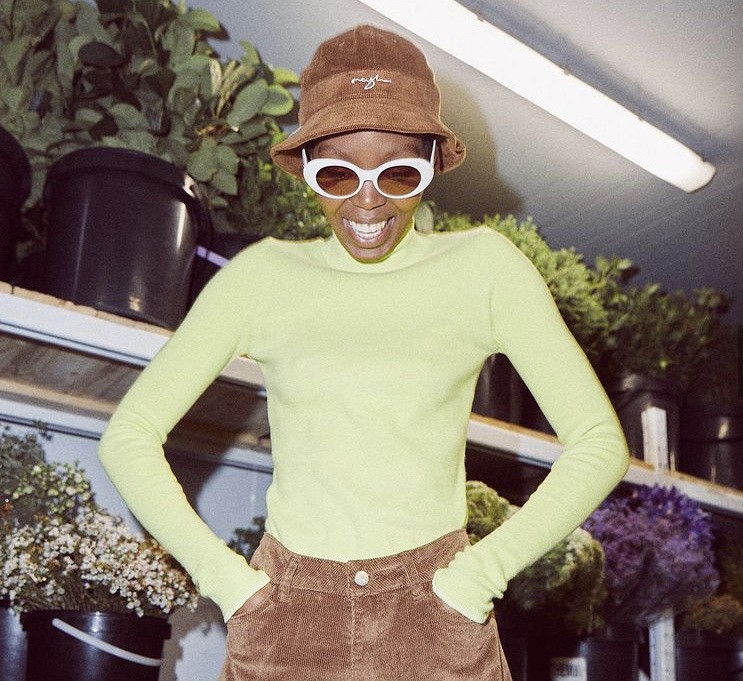
Artclub and Friends is an immense blueprint for building a successful brand based on values. Founder and designer Robyn Keyser was talking about living wages and ethical production a few years ago – before it became a prerequisite for producing locally and sustainably. Today, the brand has a cult-like following of Artclub’s own community; non-gendered apparel, with the in-house staples that are updated every year – and now, footwear! The brand’s earliest inception was lauded by the late, great Riky Rick as truly interesting and important local design – we couldn’t agree more.
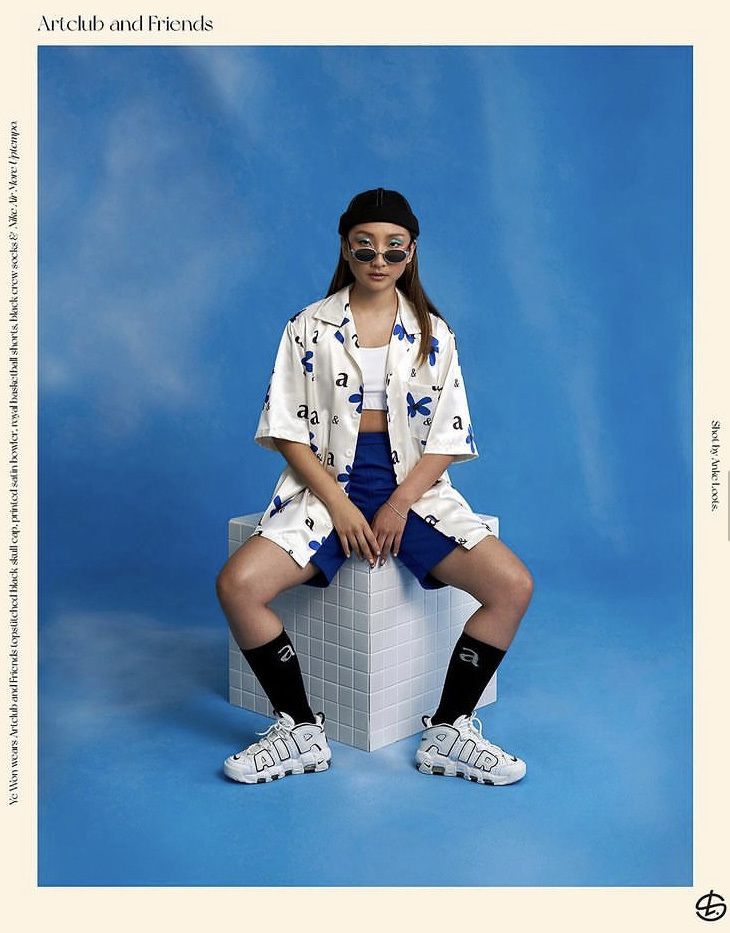
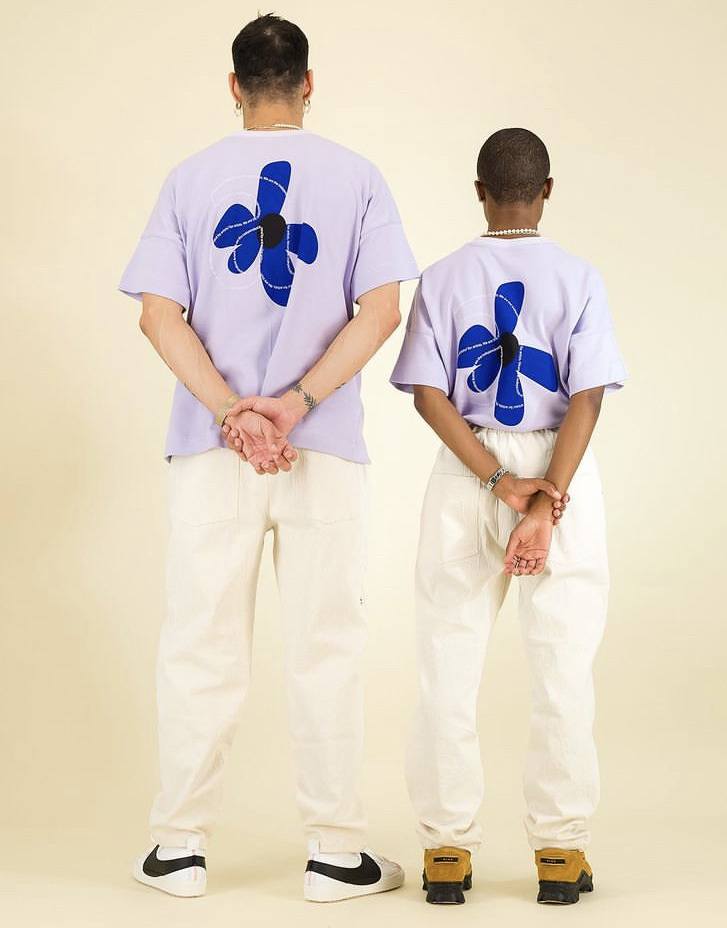
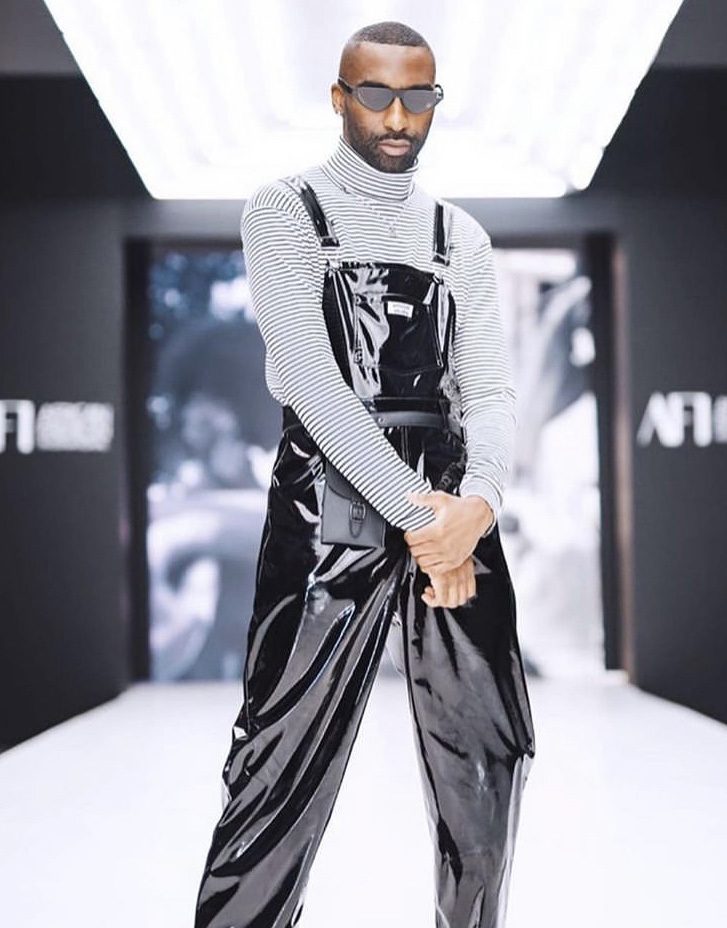
Anele Cephus Nono started Jeanius Platform as a social awareness platform in 2016 – with the principles of freedom and decolonisation as the foundations upon which to build his incredible Denim Artwear brand. Exemplifying streetwears grassroot, radical and DIY origin – Jeanius Platform is a kaleidoscopic landscape of colour, community and care. No two pieces are the same, with tie-dye, symbolism and upcycling making this brand one of the most unique and exciting in South Africa.
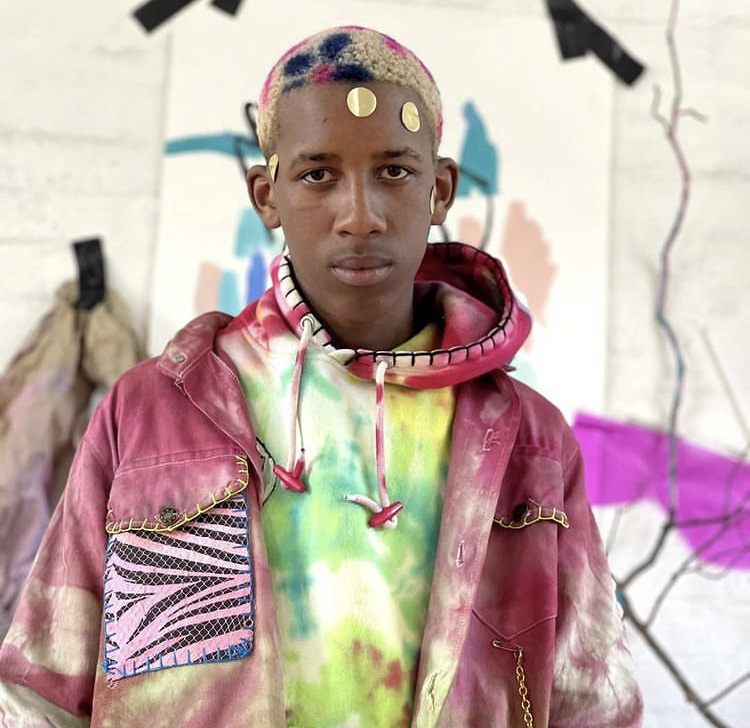
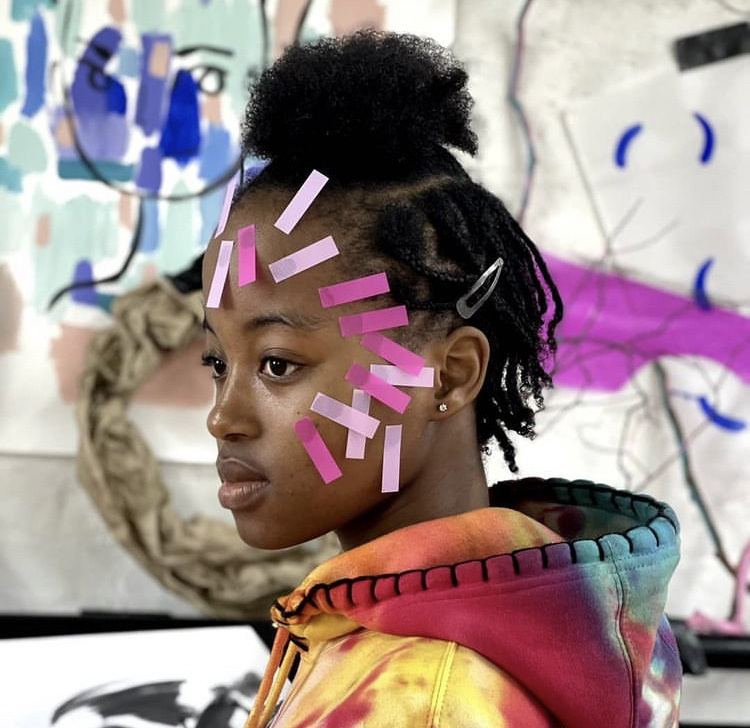
Naeelah Jamut’s label Socioculture has taken the scene by storm. With a recent showcase at The Stockroom Show (powered by Lemkus), Socioculture is Naeelah’s commitment to quality construction, and the pieces are made strictly by her with a helping hand from her mom – herself, an expert in garment construction from her years in Woodstock’s historic garment industry. The brand started when Naeelah studied at CTCFD (Cape Town College of Fashion Design) in which the students were tasked with conceptualising a viable brand; fast-track until today, and Socioculture is as viable as ever – with a strong emphasis on creating clothing that tells the story of Cape Town’s streets, and the diverse people who inhabit them.
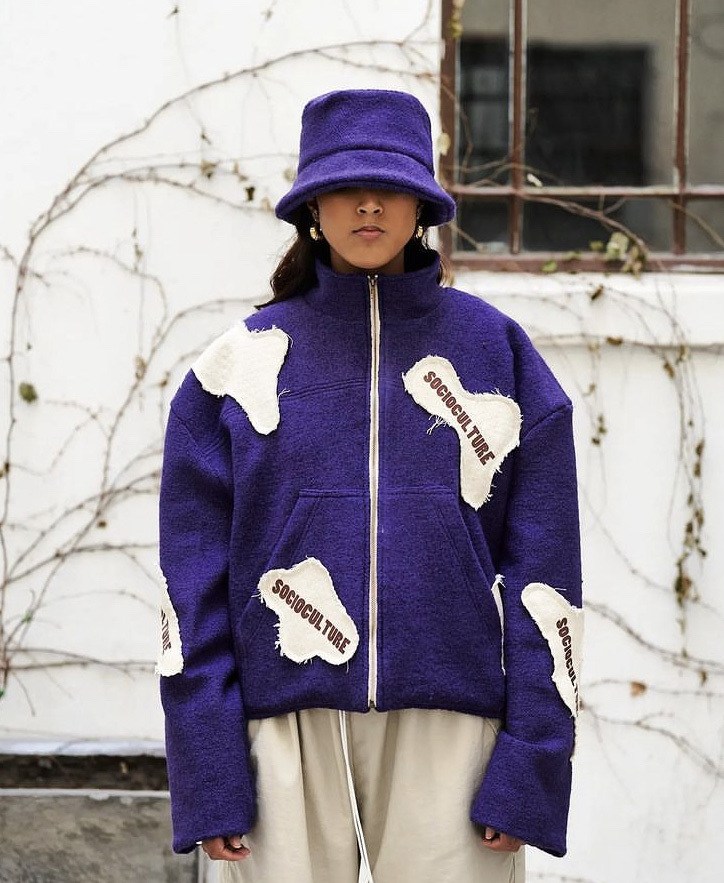
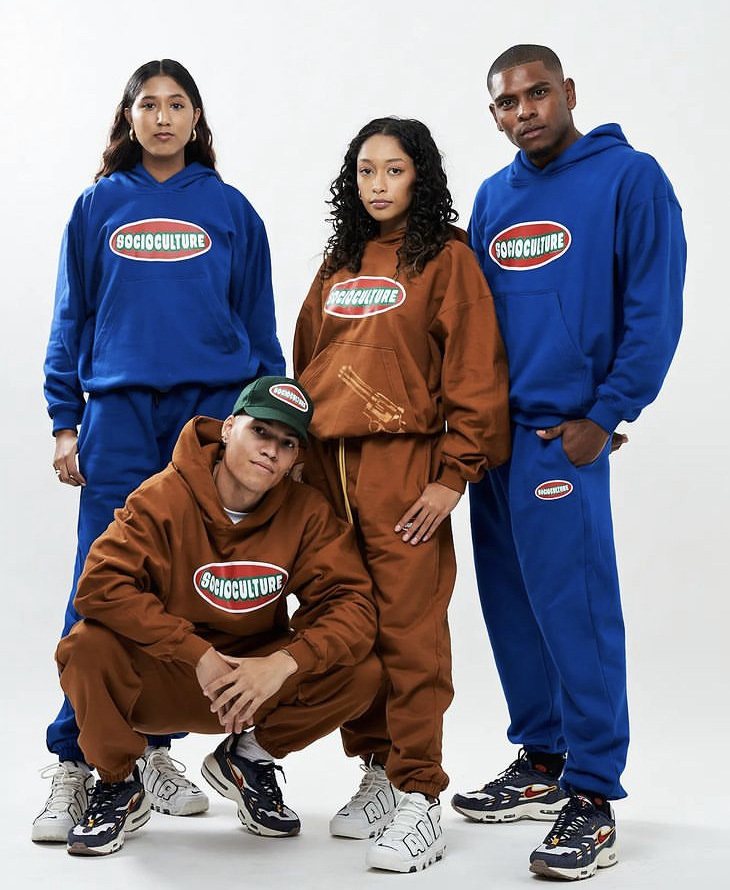
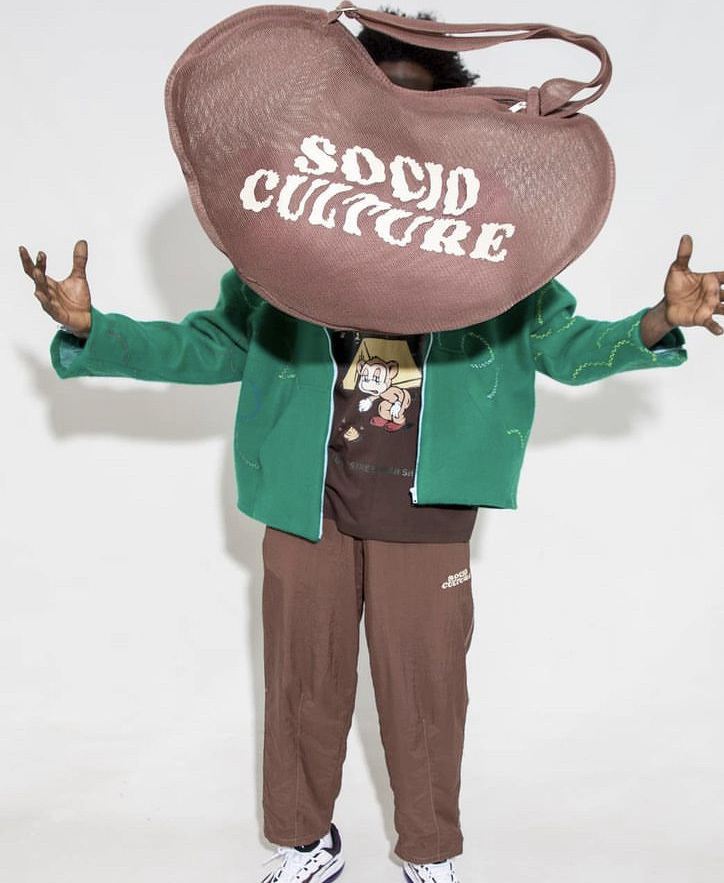
Pedestrian is made-to-order; a brand that doesn’t sit on stock and rather responds to its community directly, is worth noting in a world where streetwear seems to be more and more co-opted by the clutches of hyper-consumption. Button-up shirts, tees and well-crafted trousers; Pedestrian is unisex, and a favourite of creatives in Cape Town.
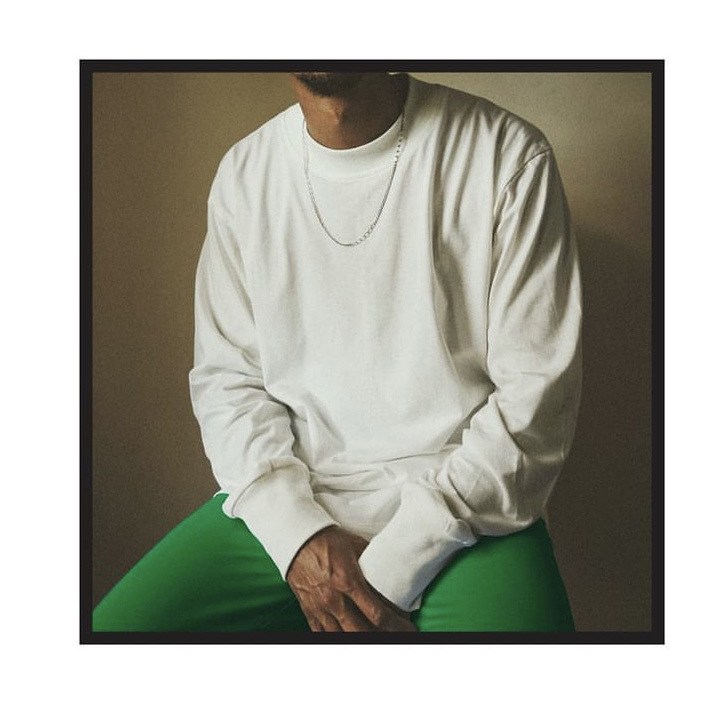
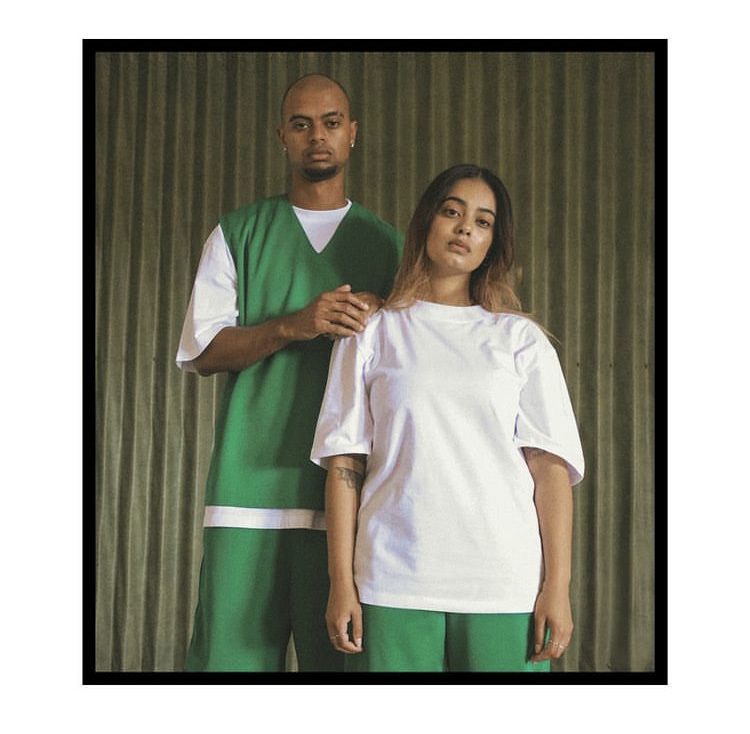
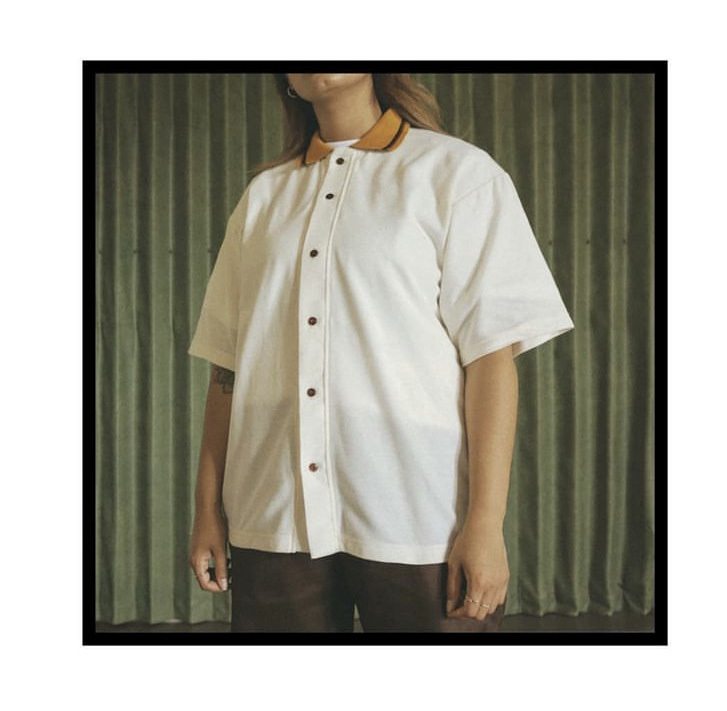
Refuse boasts some of the most intriguing and varied array of garments we have seen in a while – with an editorial and brand identity that is incredibly strong. The design nuances of their collections in the last few years have seen the brand drop suites, bags, shirts – alongside streetwear staple like tees and trackies. Their discreet brand story leaves the brand a mysterious enigma in the local scene – whatever the story is, it’s working overtime.
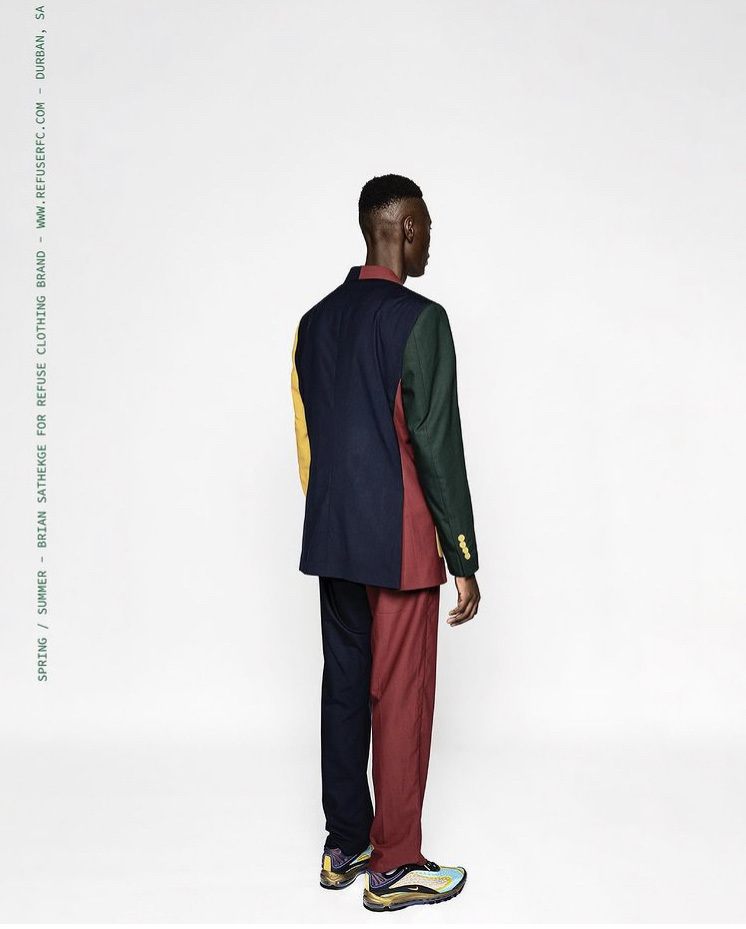
Kazard founder Ayanda Tonise is a streetwear maverick, paving the way for South African culture and design since 2015. The brand’s logo is constantly revived in different typographies, and across an array of essential garments like rugby jerseys, caps, hoodies and tees. Kazard’s name means “being the king/queen of your own area” – a code for the culture.
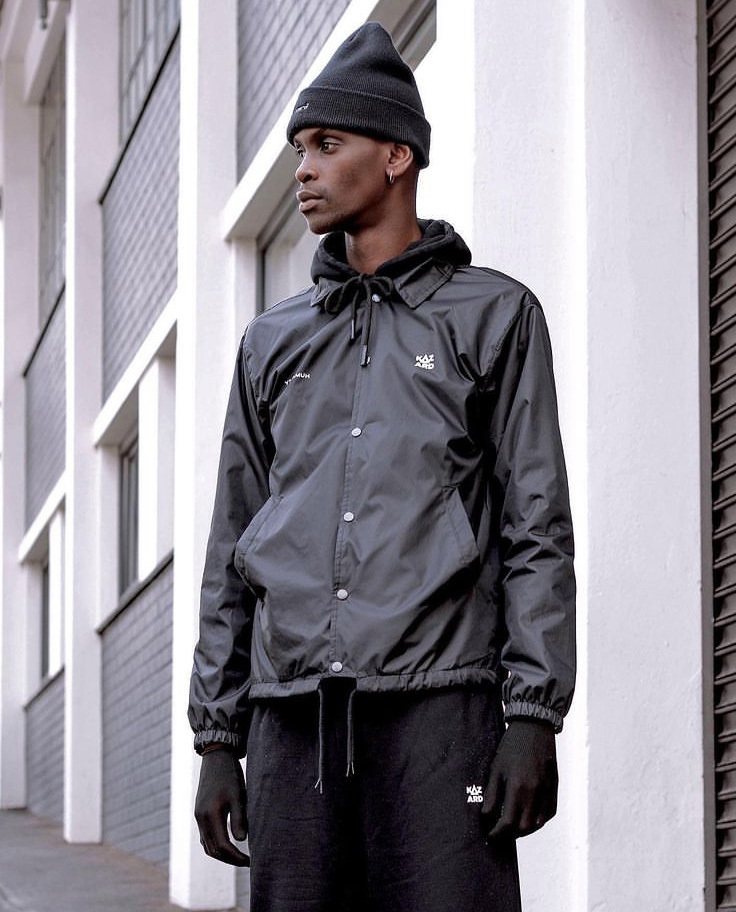
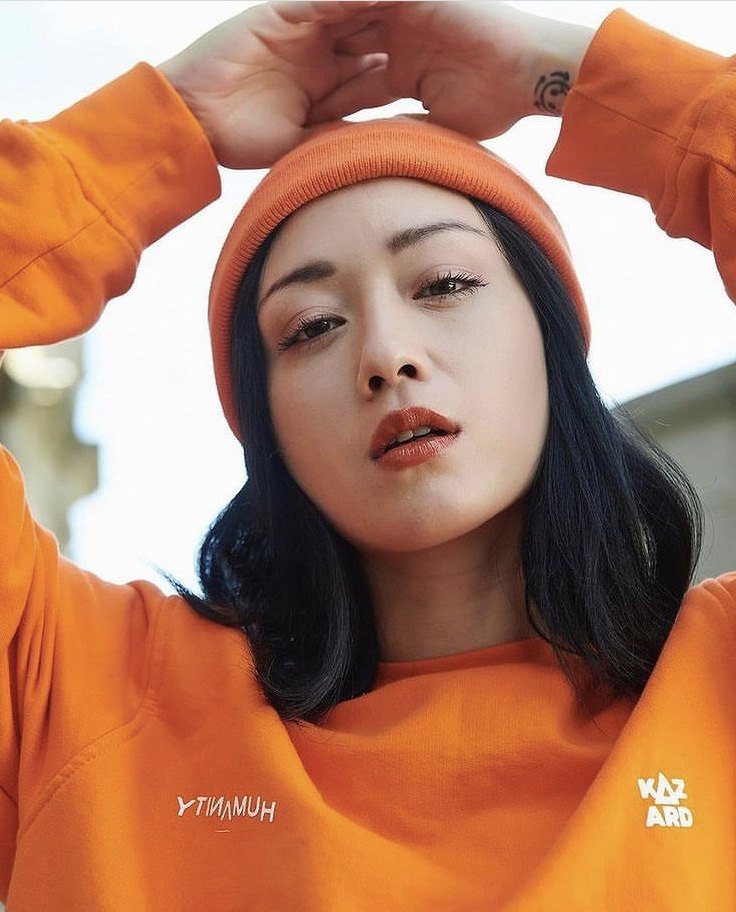
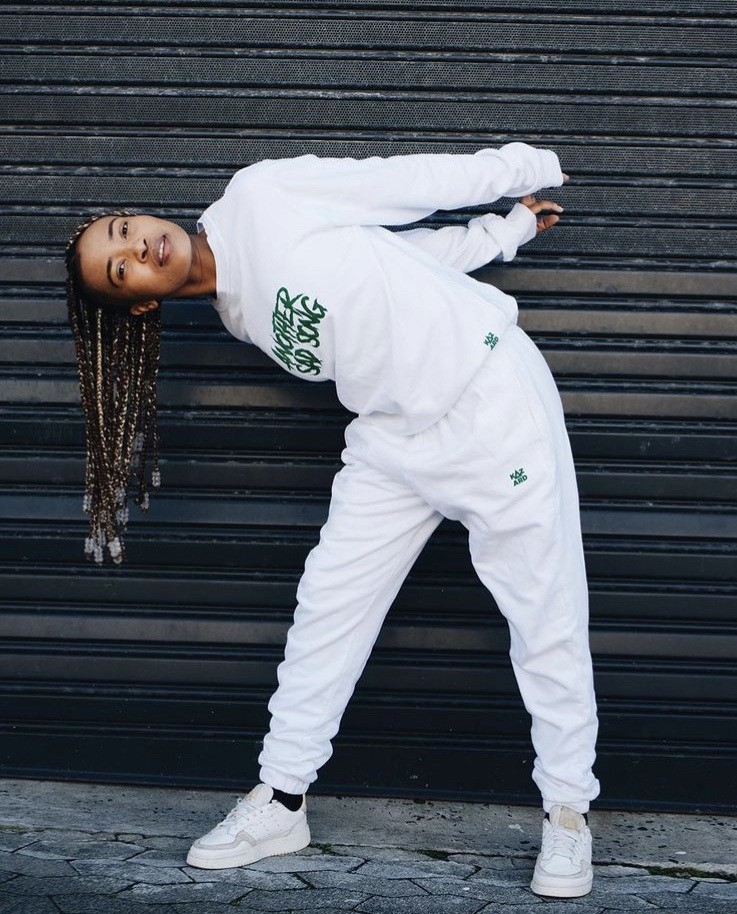
Founded by John Lehman in 2017, Human By Nature is a cross-continental ode to nostalgia. Originating in Hong Kong, the brand (and John) now call Cape Town their home; with a push to streamline all production here in the city. Inspired by John’s love for athletics, Japanese design sensibilities and his childhood living all over the world, the brand is a precious reminder that our streetwear scene is as exciting and inviting for people around the world, as it is for us.
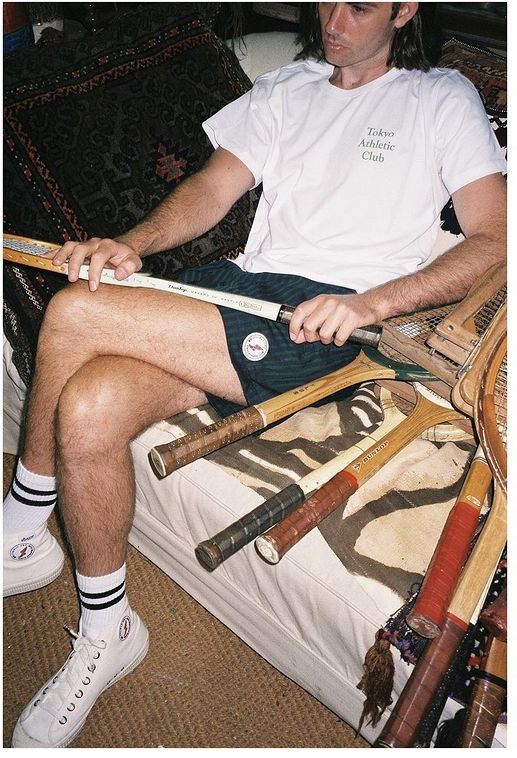
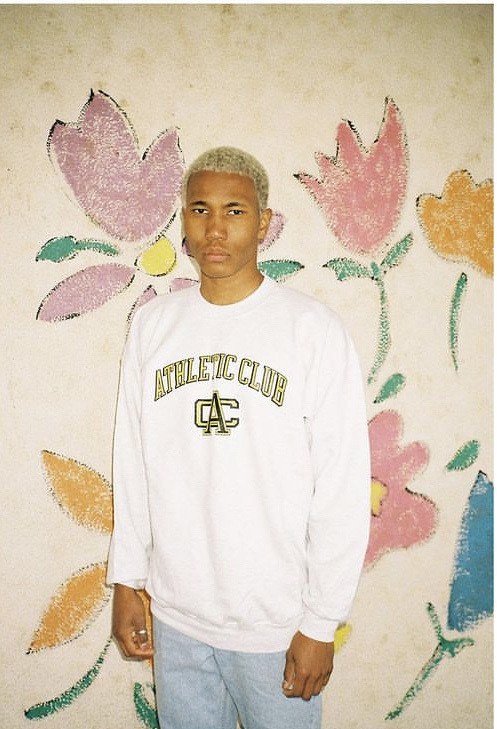
Stiebeuel reminds us that the boundary between streetwear and menswear remains interchangeable. Founded in 2014 by designer Nico Nigrini, the brand is an effortless interpretation of staple silhouettes and styles created with intention; the recent ‘22 collection Volley paid homage to tennis, and we think the editorial images of Alex Pankiv-Greene and Tiffany Schouw are some of the most beautiful campaign shots we’ve seen all year.
